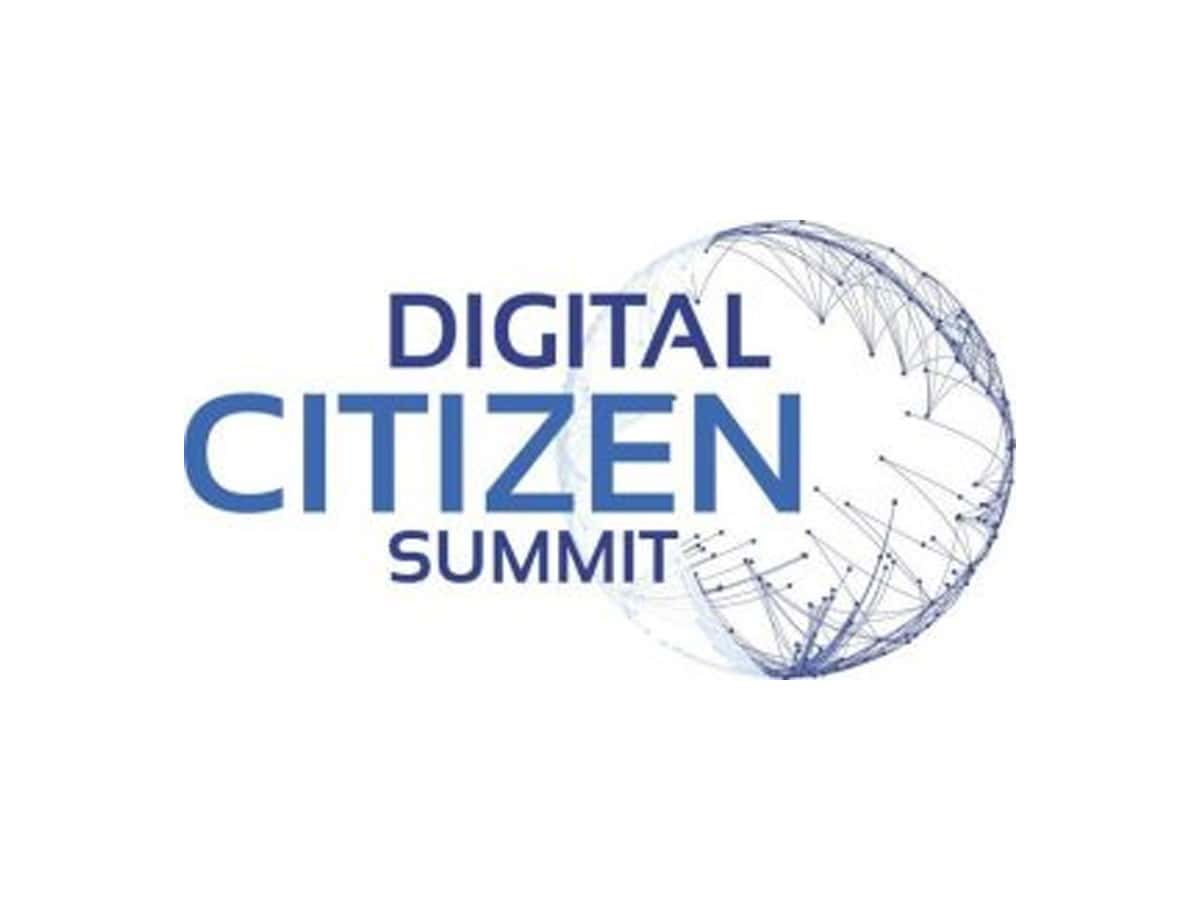
By Mohammed Amaan Khan
The 5th Digital Citizen Summit brought together experts from various backgrounds. It is an annual initiative by the Digital Empowerment Foundation and the Centre for Development Policy and Practice that serves as a platform for bringing together a diverse and dynamic gathering of scholars, academics, practitioners, civil society organisations, and government representatives who share a profound interest in technology, digital citizenship, and social innovation.
The summit, which was held at T-Hub this year, involved academia, entrepreneurs, engineers, and policymakers to help decode the problems that arose with the rapid digital development we have been seeing over the years and to navigate a way forward by integrating inputs and solutions of this diverse range of participants who took part in the Summit.
The core objective of this summit is to offer a deep dive into the challenges India and other countries face as they navigate the complexities of digitalisation. Moreover, the summit aims to inspire innovation and promote a broader understanding of the digital world we inhabit.
The summit was filled with students, not just from urban locations but also marginalised sections who are affected the most when it comes to accessing technology and learning to use it. The students ranged from middle schoolers to graduate students coming from diverse educational backgrounds.
The first day of the summit was dedicated to Paper Presentations. Selected papers are to be published in the Journal of Development Policy and Practice, a testament to the summit’s dedication to advancing knowledge in the field. These papers cover various topics, from Data Ownership, Data Protection, AI Regulations, AI Dark Patterns and Digitisation of the Indian Judiciary System to Platformised Unionism, Problems faced by Transgender in the Digital Age and Minority surveillance. The authors of these papers were from diverse backgrounds & esteemed organisations in our country.
The second day of the summit was the main event in terms of the dynamic range of activity throughout the day and recorded the best attendance out of all the days. It began with a Welcome Note by Dr. Amir Ullah Khan, the Research Director of CDPP, followed by a Keynote Address by the Chief Guest, Mr. Jayesh Ranjan, Principal Secretary Department of IT, E&C & Department of Industries and Commerce. Following this was the Inaugural Panel Session, which had renowned Panellists, namely, Sonia Jorge, Kunal Kamra, Shiv Kumar, and Ms Kavitha Iyer. This session was moderated by Osama Manzar, the Founder and Director of the Digital Empowerment Foundation. It was followed by parallel sessions at different locations at T-Hub.
These sessions were either panel discussions, lightning talks, or a masterclass. The themes of these sessions were intriguing and informative. Topics like Internet Shutdowns, False Information, and Digital Citizenship, among many others, were discussed in great detail. There were also Startup Showcases by T-Works and We-Hub to demonstrate the technological development through digital tools in India. A passionate and insightful conversation with Saeed Akhtar Mirza, a prominent Screenwriter and Director, and Elahe Hiptoola, an Indian Film Producer and Former Actress, on the prevailing hate in this digital age and misrepresentation of history finished the sessions on Day Two. The day was concluded with a Cultural Folk Performance followed by dinner.
Osama Manzar commenced the Third Day of the summit. The final day followed the pattern that we saw on the second day, and the four parallel sessions began right after the welcome address. The themes for this day included “Creating Safe Space Online”, “Digital Gender Norms”, “Reimagining Legal Systems”, and “Open Source Software for Public Goods”, among many informative and intriguing topics.
The day was concluded with a closing endnote where the participants were engaged in giving feedback about the fest and suggestions for the road ahead. A lot of interesting recommendations were made, some of which were that the summit should be held in Rural India next time because they are the marginalised part of society who need to catch up in this age of digital citizenship. Another suggestion was the inclusion of victims of the Internet, people who faced Cybercrime, cyber hate, and Fake News.
Another great recommendation was to make a collaboration between Gig Workers, Governments, and Private Companies to fix the algorithm on which Platform Companies use Gig Workers.
A diverse array of organisations participated in the Digital Citizen Summit, each hosting workshops on vital themes, bringing their expertise and perspectives to the discussions. These organisations include Broadband India Forum, Software Freedom Law Centre (SFLC), Digital Futures Lab, Point of View, Campbell South Asia, Artha Global, Mazdoor Kisan Shakti Sangathan (MKSS), Institute of Livelihood Research and Training (ILRT), Agami/OpenNyAi, Law for All, Article 14, Nepal Internet Foundation, and Global Digital Inclusion Partnership (GDIP).
In conclusion, this summit was an eye-opener for many who use technology daily without ever thinking about Data Privacy, Ownership, Censoring, Algorithms of Social Media, Safeguarding People in the digital world and Platform Company Apps, and the Collective responsibility that being on the Internet requires. Apart from these, there were great in-depth explanations of the limitless possibilities of AI, its use in Indian Legal Systems, and the need for AI Regulation. Lastly, this summit was only possible with the support and commitment of the Government of Telangana and T-Hub. The Telangana Government has done much for Digital Development, especially for the marginalised sector of society in terms of providing access to them, and it has paved a path for other States to follow and replicate.
Mohammed Amaan Khan is an aspiring economist who graduated with honours from Symbiosis School of Economics, earning a BSc in Economics. He is currently a Fellow at the Centre for Development Policy and Practice.
